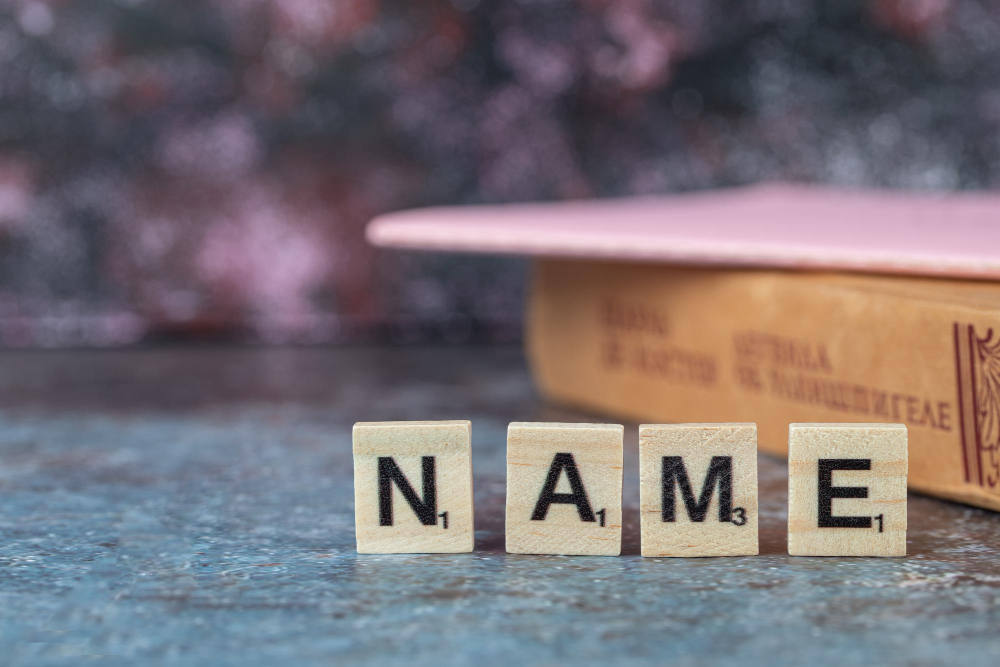How Not to Name Your Business

Many companies want a name that means something. To be clear, this is not a problem in the eyes of the law. What is a problem is when you choose a brand that ordinarily describes your products or services. Last week I mentioned that a brand needed to be distinct. That is, the brand can never be the generic name for the product or service sold under the brand. Also, if the brand describes the product or service sold, you face a difficult road to gain full legal rights in the brand. With all this information presented, you may be wondering how to name your business.
There are at least three ways a brand can be descriptive. The most common way is to consider the ordinary dictionary definition of the brand. If this definition describes any aspect of the products or services, the brand will likely be considered descriptive. For example, let’s consider the brand “Chewy” in connection with cookies. Are cookies ordinarily chewy? The answer is “yes,” which means “Chewy” would be considered descriptive with respect to cookies.
This rule makes sense when you consider that granting legal rights in a brand is somewhat equivalent to preventing others from using the same term on their products. If Chewy were to gain full legal rights to the brand name, all other companies who make cookies would no longer be able to describe their cookies as Chewy to avoid infringement. Examples like this are why the USPTO is very careful before giving exclusive rights to one company.
Where are you from?
There’s nothing like a genuine product. A real OG. Many companies like to show that their product is authentic, and they like to use place names to do this. I mentioned that it is difficult to gain full legal trademark rights in a descriptive term. This remains true when it comes to location-based brand names. Trademark law makes geographic place names difficult to protect, especially if they are geographically descriptive. So, what makes a brand geographically descriptive? There are 3 factors to consider:
1) Its primary meaning is a generally known geographic location
2) Goods or services originate in the place identified in the brand
3) Purchasers would be likely to believe that the goods or services originate in that place.
You may be asking for trouble if you name your company [city name] [item sold]. There are ways to gain the level of distinctiveness you need to fully protect a brand, but it takes time and money.

Who Are You?
Small business owners should be proud of their business and want you to know they stand behind their product or service. Some may choose to show their pride by choosing a brand name that contains the last name(s) of the owner(s). This may not be in their best interest in the long run because surnames, aka last names or family names, are considered descriptive. The following 5 factors are considered when determining whether or not a term in a brand is “primarily merely a surname”:
1) Is the surname rare?
2) Is it the surname of anyone connected with the owner?
3) Does the term have any recognized meaning other than as a surname?
4) Does it have the “structure and pronunciation” of a surname?
5) Is there stylization of lettering distinctive enough to create a separate commercial impression?
Are You In The Clear?
It is important to consider descriptiveness when it comes to how you name your business. You may want to be proactive when it comes to such an important thing as protecting your brand. If you’re still left wondering if your brand may be too descriptive, contacting legal counsel is your best bet. Please feel free to reach out and schedule a free consultation with myself to discuss your rights when it comes to your brand.





0 Comments